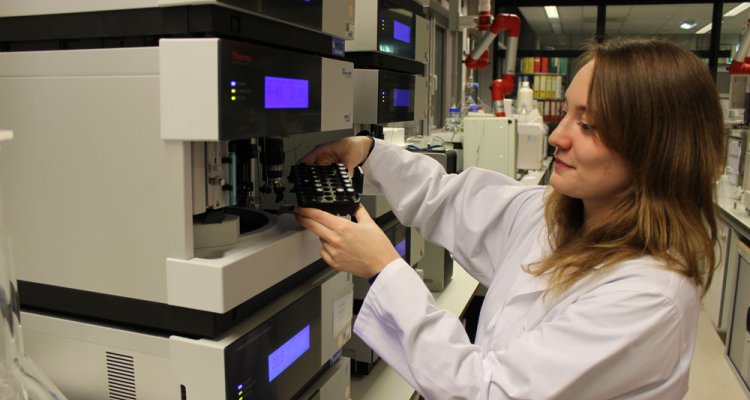
Project
Metabolic engineering of E. coli for additional energy generation
Currently, some microbial processes used for bulk chemicals production do not compete with petrochemical-based processes because they are not cost-effective. Generation of additional energy inside the cells during product formation is one of the key parameters to reach the maximum yield of product formation and maximize the process yield.
Currently, some microbial processes for bulk chemicals production do not compete with petrochemical-based processes because they are not cost-effective. Microbial processes do not reach the maximum theoretical yield of product formation because the product pathway yield is too low. However, reaching the maximum theoretical yield of product formation is a key parameter to maximize the process yield. Therefore, the pathways involved in product formation should result in full regeneration of cofactors and but also generate sufficient energy for growth, maintenance of the cells. But how can we generate additional energy?
Aim
This project aims to create an E. coli strain in which additional metabolic energy can be generated under anaerobic condition while producing bulk chemicals.
Approach
First, reaction steps where additional can be generated will be identified. Energy generation being the core of this project, the different systems occurring in microorganisms will be investigated and the feasibility of their expression in microorganisms as well. Once a final scenario – combining product formation and energy generation - will be found, metabolic and genetic engineering will be applied to microorganisms to obtain the desired pathway. The final strains will then be characterized by means of fermentation studies in both shake-flasks and bioreactors.
Thesis projects
Within this project, there are various possibilities for doing BSc or MSc thesis.